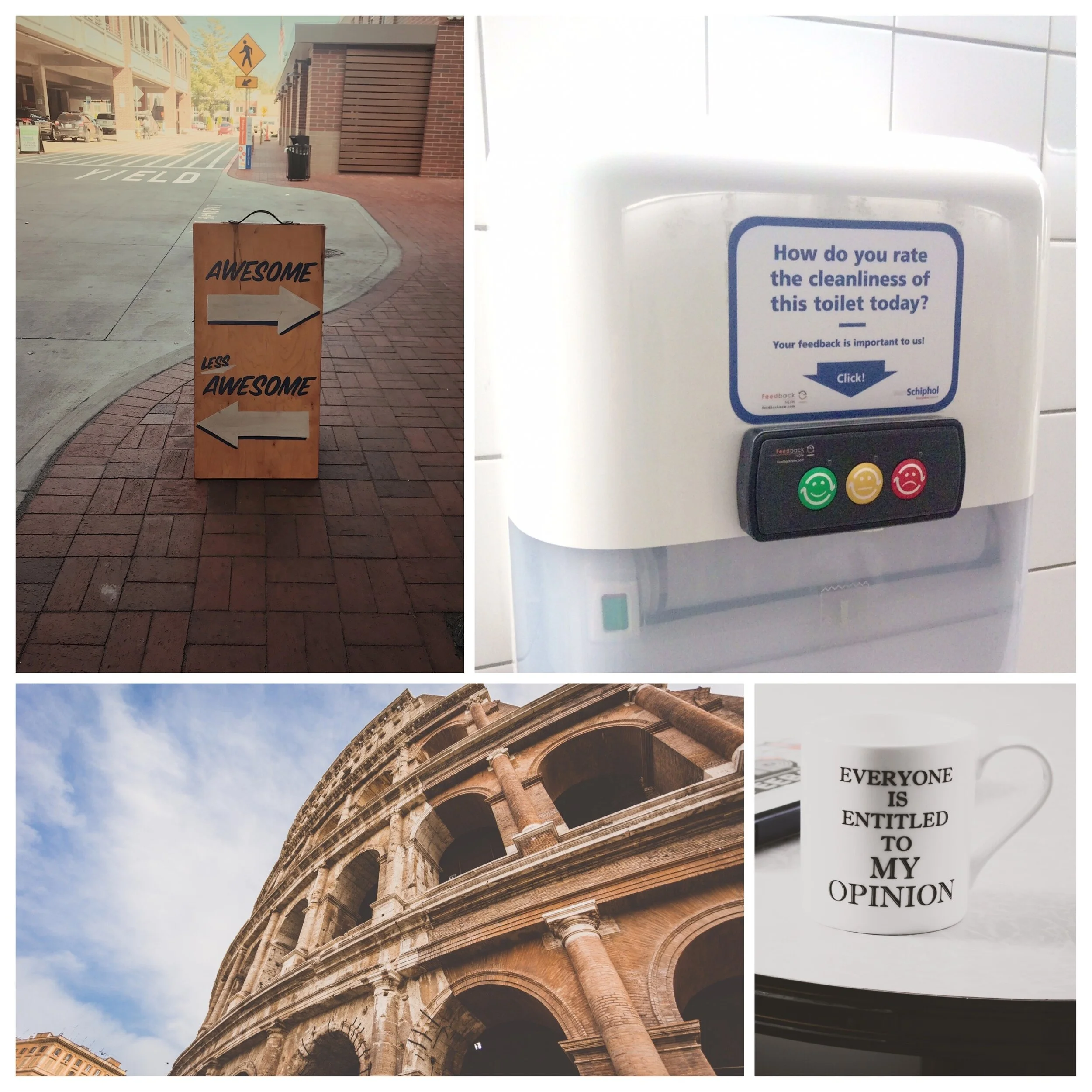More than just a Hamburger
The day after the 2016 US election was surreal. From Germany, reading the news and checking social media, it felt like the English-speaking world was on fire. The UK had only narrowly voted for Brexit a few months before and the election of Trump seemed to have confirmed that 2016 would be a byword for worst case scenario. As my phone screamed silently with news updates, I was finishing training in a meeting room in the middle of Nürnberg. It was lightyears away from the meltdown going on in the US. Before ending the session, I commented that I was feeling rather drained, with the recent news and everything else. One of the participants looked up from his notes and asked “What news is that?”. I was a little shocked, I often forget not everyone is a media junkie. “You know” I replied, “the election of Trump.”. The manager looked at me again, and fired back confidently “He’s not our president, what does it matter? It’s not going to affect us”. I didn’t really know what to say, so I shrugged and reminded everyone about the homework.
I didn’t have the energy then to discuss why Trump was going to be bad for everyone, regardless of whether we could vote. Trump or not, the US has a deep and far reaching influence over life in Europe, let alone Germany. I won’t win any awards for pointing out the economic impact of US policy on the rest of the world, nor should I need to explain the adage “When the U.S. sneezes, the world catches a cold”. Surely the 2007 banking crisis is not ancient history. The impact the US has on global economics is possibly only rivalled by the dominance it has over global culture, a fact that many seem less than happy to acknowledge. There is a certain attitude among Europeans that manifests itself in derogatory opinions about the US culture or the lack thereof. I’ve seen examples of it in both the UK and Germany where there are plenty of people who will argue that the US has no culture at all, or at least if it has any, it’s actually European.
In Britain at least I get the sense that any negativity about American culture is spurred by a sense of inferiority concerning the power imbalance between the UK and US relationship, and also a deeper and longer held belief in the superiority and importance of British culture. The way some British bristle at words like soccer, trash or sidewalk suggest a hypersensitivity about language that borders on the neurotic. Germany has a less anxiety driven relationship with the US, but at its core is still a sense of superiority. In the last ten years I’ve spoken to hundreds of Germans through work and anytime the topic of the US culture comes up most point to the observable, the fast food chains, radio playlists or films that they know of. Perhaps because people feel they know the culture well through these examples, they quickly slip into sweeping generalisations about the US. Many I’ve spoken with see Americans as superficial, possibly confirmed by all the supposed everyday examples they see. So prevalent is this blanket belief, it often gives Germans working with US based colleagues a misguided sense of confidence that they fully understand the US.
Yet McDonald’s, Netflix and Lady Gaga are just the really popular bits of US culture, German culture has been overwhelmingly influenced by the US in so many more subtle ways, even if that does make some Germans rather uncomfortable. When I pointed out to my wife that there would be no Tatort without US shows like Dragnet, I was calmly and politely told to “shut-up”. Even Yoga studios, Vegan restaurants and Pizza places, I would argue, would not be so popular in Germany if it wasn’t for the US.
“Wait” I hear you cry “Yoga is from India, as is veganism and Pizza is obviously Italian”. Well, you’re not wrong. All three have their origins outside the US, but without the US, these things would be nowhere near as prevalent as they are today. Perhaps the greatest cultural power the US exhibits is the ability to turn ignored or unpopular cultural elements from one country into globally popular trends. The United States is cultural rocket fuel, propelling other countries cultural offerings into the mainstream. The name given to this phenomenon is The Pizza Effect named after the increased popularity of Italy’s number one culinary export. Pizza was brought to the US by Neapolitan immigrants, where it became very popular, and was eventually repatriated to Italy via American and Italian tourists. However, I doubt many Germans would opt to go the traditional US pizza place or take classes from a Yoga instructor who boasts of learning their trade in California. Better to emphasise those two weeks in India or hang those sun-kissed images of Tuscan skies on the wall instead. Interestingly, Germany ignores the origins of the Hamburger (the clue is in the name) and promote the fact that it is a wholly American creation, rather than it’s obvious German roots in the Frikadelle. Again, this clearly makes business sense, who’s going to pay €10 for a Frikadelle that costs a maximum of €5 from most butchers?
The idea that the United States has such a direct impact on Europeans life is uncomfortable. I get that. I’d certainly prefer the long-term stability of the country I live in to be influenced only by German and EU voters, rather than the political views of voters in Ohio or Georgia. More than that, the US has a massive cultural impact on us, what happens there often ripples out to the wider global community. Perhaps all we can do is wait in quiet expectation that by this time next week, the next cultural trend crossing the Atlantic includes a small measure of hope.









